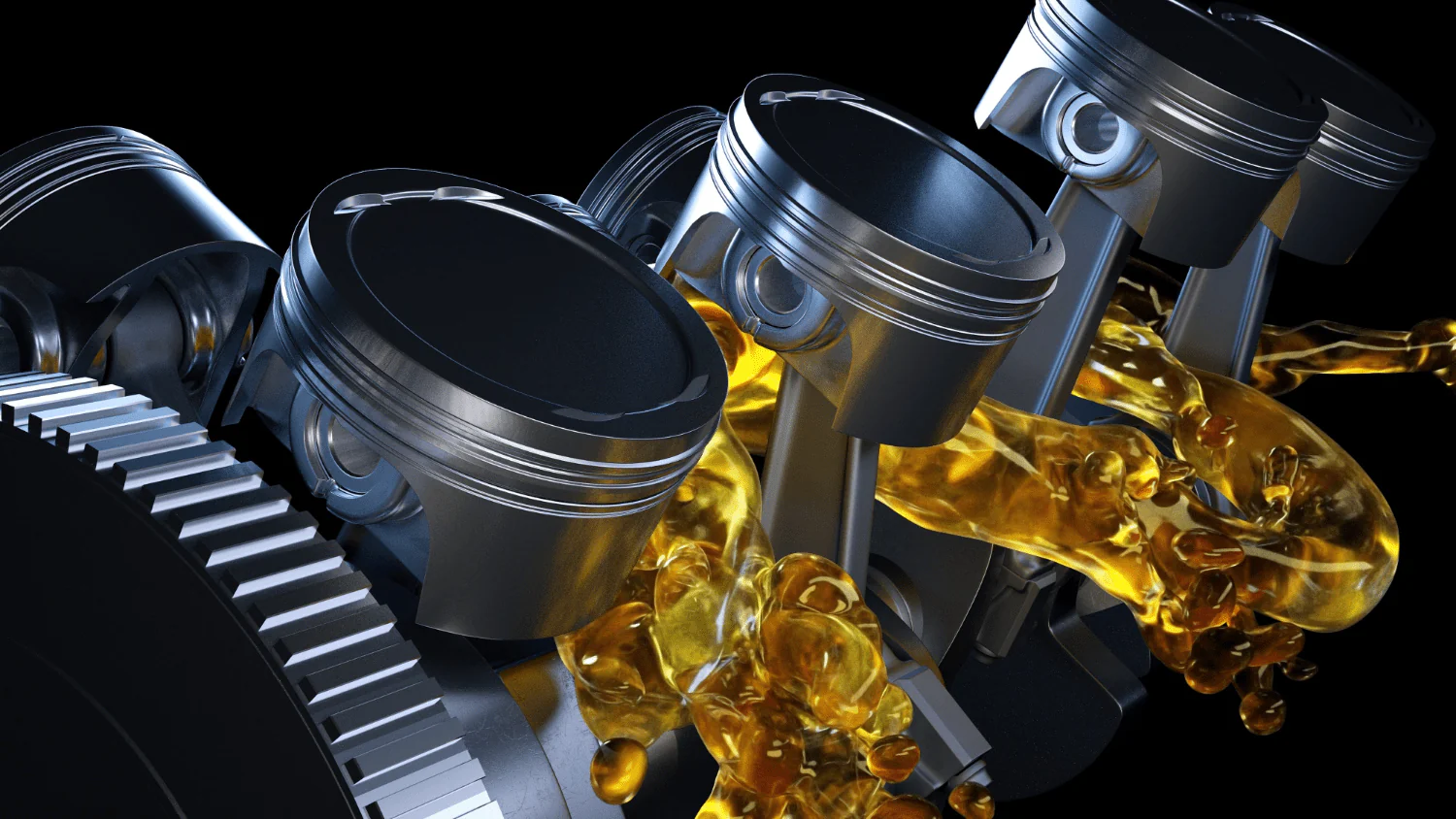Posted At: Jun 03, 2025 - 491 Views

Causes of Low Oil Pressure in Engines: A Seal-Centric Guide
Low oil pressure in engines is a serious issue that can lead to severe engine damage if left unaddressed. For industrial machines and automotive engines alike, maintaining optimal oil pressure is crucial for lubrication, cooling, and overall performance. While there are many possible causes of low oil pressure, one critical but often overlooked factor is the integrity of engine seals—particularly oil seals.
In this guide, we’ll explore the key causes of low oil pressure, with an emphasis on the role of seals and how high-quality sealing solutions like those from QMSeals can help mitigate these issues.
Why Oil Pressure Matters
Oil pressure ensures that engine components remain properly lubricated, reducing friction and wear. A drop in oil pressure can result in:
- Overheating
- Increased wear and tear
- Engine knocking
- Complete engine failure
Top Causes of Low Oil Pressure in Engines
1. Worn or Damaged Oil Seals
Oil seals (also known as shaft seals or lip seals) are critical for keeping engine oil from leaking. Over time, seals can wear out, harden, or crack due to heat and friction. This leads to oil leakage and a drop in oil pressure.
Want to understand how oil seals work and which types are best for your machinery? Read our detailed guide on Oil Seals: Everything You Need to Know.
2. Low Oil Level
Insufficient oil in the system directly reduces pressure. This could result from leaks or consumption due to engine age.
Seal-Related Insight: Oil pan gaskets and crankshaft seals can leak if degraded. Replacing them promptly is essential to maintaining oil levels.
3. Clogged or Dirty Oil Filter
A blocked oil filter restricts oil flow, causing pressure to drop. It can also result in unfiltered oil recirculating through the engine, causing damage.
Seal Role: Poor sealing in filter housings can lead to bypass leakage or improper filtration. Make sure seals are compatible with oil chemistry and temperature ranges.
4. Oil Pump Failure
If the oil pump is malfunctioning, it won't circulate oil effectively, leading to low pressure.
Seal Support: Mechanical seals used in pumps must resist wear and handle fluid dynamics effectively. QMSeals’ mechanical seals ensure longevity and consistent performance.
5. Engine Wear and Tear
Worn-out bearings and increased clearance in the engine can cause oil to escape from areas it’s supposed to pressurize.
Sealing Systems Matter: As engines age, maintaining tight sealing tolerances becomes more difficult, increasing the importance of high-performance seals.
6. Viscosity Issues
Using oil with the wrong viscosity—too thin or too thick—can impact pressure. Thin oil may not build pressure; thick oil may not circulate fast enough.
Seal Compatibility: Ensure oil seals are compatible with the oil grade to avoid chemical breakdown and leaks.
7. Faulty Pressure Sensor
Sometimes, the issue lies not in the oil system itself but in a malfunctioning pressure sensor.
Seal Connection: Electrical connectors and housing seals must be intact to avoid sensor errors from moisture or dust intrusion.
Why Seals Are So Important in Oil Pressure Management
Seals play a crucial role in ensuring the closed-loop integrity of the lubrication system. High-performance seals:
- Prevent leaks
- Withstand high pressure and temperature
- Resist degradation from oil additives
- Maintain proper flow and circulation
QMSeals provides precision-engineered sealing products for pumps, compressors, and engines that enhance oil pressure reliability and extend component life.
Conclusion
Low oil pressure is a red flag that should never be ignored. While many mechanical issues can cause it, the condition and quality of seals significantly influence oil system integrity. By investing in high-quality seals from manufacturers like QMSeals, you can prevent leaks, ensure consistent oil pressure, and protect your equipment from costly damage.
Frequently Asked Questions
1. What causes low oil pressure in an engine?
Low oil pressure can result from worn seals, low oil levels, clogged filters, or a failing oil pump.
2. Can faulty oil seals affect oil pressure?
Yes, worn or damaged oil seals can cause oil leaks that reduce oil levels and pressure in the system.
3. How do I know if my oil seal is leaking?
Look for oil spots under the engine, burning oil smells, or visible residue near the seal area.
4. What kind of seals help maintain oil pressure?
High-quality mechanical seals, shaft seals, and lip seals made from durable materials maintain pressure and prevent leaks.
5. Where can I find industrial-grade seals for oil pressure systems?
Visit QMSeals for premium sealing solutions for engines, pumps, and mechanical equipment.


